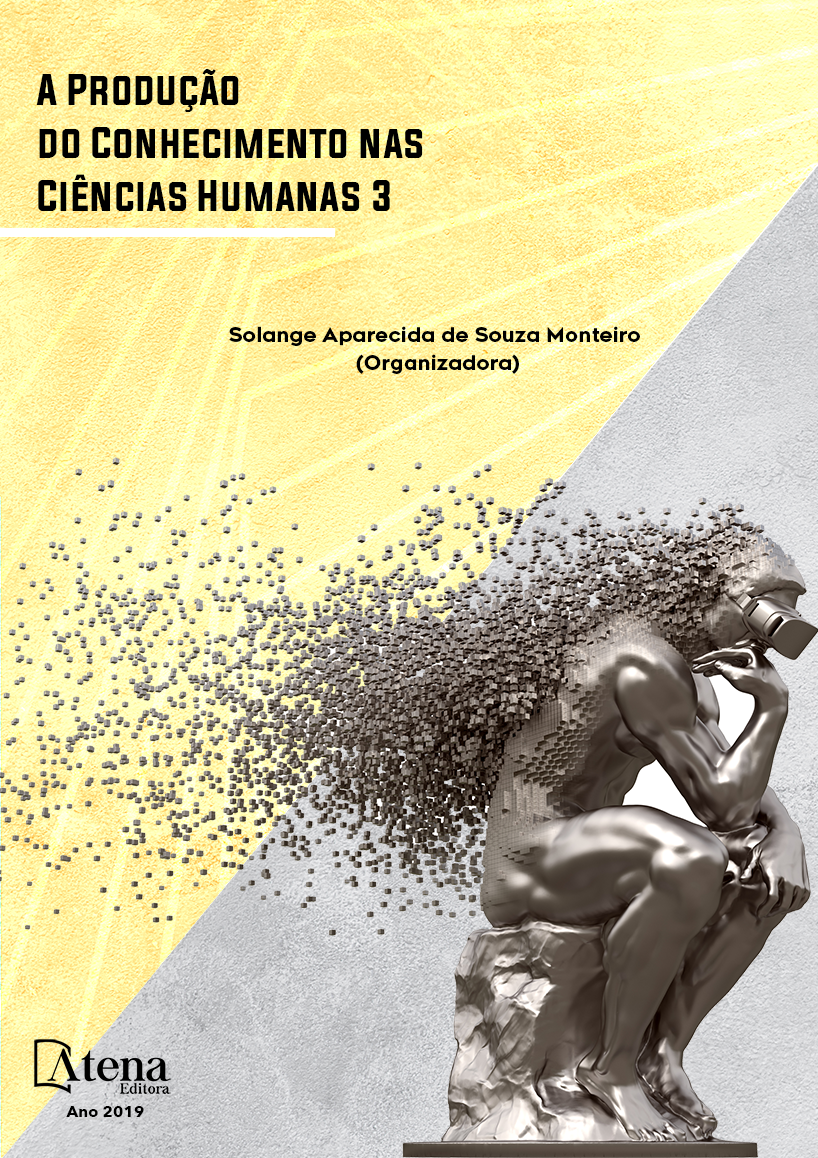
TRANSPORTE COLETIVO: LUGAR DE DESEJOS E CONTRADIÇÕES NA CAPITAL PIAUIENSE (DÉCADA DE 1970)
O presente artigo pretende discutir
as transformações ocorridas no sistema de
transporte coletivo da cidade de Teresina no
início da década de 1970 e, sua relação com as
políticas de modernização implantadas pelos
governos do período na capital do Estado. Vale
ressaltar, que por causa do modelo econômico
escolhido pelos governos militares da época,
a cidade recebeu muitos investimentos que
alteraram o seu espaço urbano. O estudo
procura ainda, analisar os conflitos e tensões
existentes em torno das políticas de transporte
coletivo apresentadas nos periódicos locais,
já que este era um tema recorrente nos
debates jornalísticos. Assim, o estudo busca
identificar o papel do transporte coletivo nas
transformações dos espaços da cidade, em um
período marcado por discursos de progresso
e modernização e, o papel dos vários grupos
sociais ligados ao transporte urbano, através
de suas experiências, vivências e memórias.
A partir da metodologia da história oral, da
pesquisa documental e hemerográfica nos
periódicos da época, buscou-se ainda entender
a participação dos vários grupos sociais ligados
aos transportes coletivos, e como estes traços
que marcaram e constituíram a memória
dos transportes na capital no início dos 1970
continuam a vigorar na complexidade do Tempo
Presente. No presente artigo utilizamos como
referências os estudos de Chauveau; Tétard
(1999), Rémond (2003), Ferreira (2006),
Fontineles (2014), dentre outras
TRANSPORTE COLETIVO: LUGAR DE DESEJOS E CONTRADIÇÕES NA CAPITAL PIAUIENSE (DÉCADA DE 1970)
-
DOI: 10.22533/at.ed.77719240411
-
Palavras-chave: História do Tempo Presente; Memória; Teresina; Transporte Coletivo.
-
Keywords: History of the present time; Memory Teresina Collective transport
-
Abstract:
This article intends to discuss the
transformations that occurred in the collective
transportation system of the city of Teresina
in the early 1970 and its relationship with the
modernization policies implemented by the
Governments of the period in the state capital.
It is noteworthy that because of the economic
model chosen by the military governments of
the time, the city has received many investments
that have altered its urban space. The study
also seeks to analyze the conflicts and tensions
that exist around the public transport policies
A Produção do Conhecimento nas Ciências Humanas 3 Capítulo 11 121
presented in local journals, since this was a recurring theme in the journalistic debates.
Thus, the study seeks to identify the role of collective transport in the transformations of
the city’s spaces, in a period marked by speeches of progress and modernization, and
the role of the various social groups linked to urban transport, through its Experience,
experiences and memories. Based on the methodology of oral history, documentary and
Hemerographic Research in the periodicals of the time, we also sought to understand
the participation of the various social groups linked to collective transport, and how
these traits that marked and constituted the Memory of transport in the capital at the
beginning of 1970 remain in force in the complexity of the present time. In this article
we use Chauveau’s studies as references; Tétard (1999), Rémond (2003), Ferreira
(2006), Fontineles (2014), among others.
-
Número de páginas: 15
- ALLAN RICELLI RODRIGUES DE PINHO
- CLAUDIA CRISTINA DA SILVA FONTINELES


